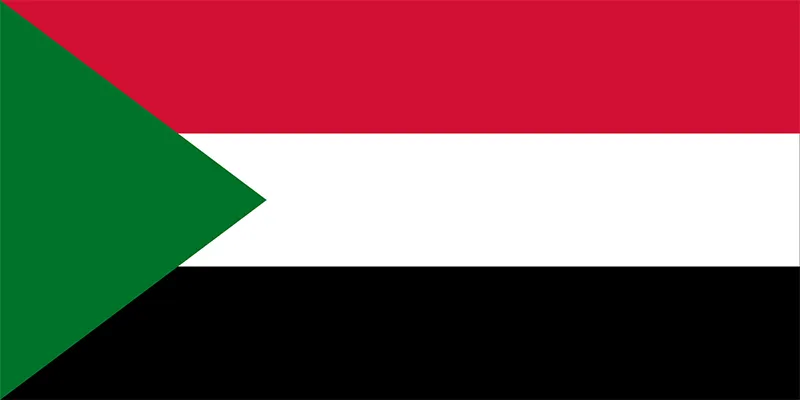Sudan’s military issued a warning on Thursday of a potential clash with the country’s powerful paramilitary force, Rapid Support Forces (RSF), as tensions continue to escalate between the two groups. The military claimed that the RSF had deployed troops in the capital city of Khartoum and other areas without the army’s consent, in clear violation of the law.
The disagreement between the two groups centers on the integration of the RSF into the military and which authority should oversee the process, a key condition of Sudan’s unsigned transition agreement. The rivalry between the army and the RSF dates back to the rule of President Omar al-Bashir, who was ousted in 2019. The paramilitary force, led by powerful Gen. Mohammed Hamdan Dagalo, grew out of former militias known as the Janjaweed, which carried out a brutal crackdown in Sudan’s Darfur region during the decades-long conflict there.
Although the army and the RSF together carried out a coup in October 2021 that upended Sudan’s transition to democracy, tensions between the two groups have become increasingly visible in recent months, with conflicting public statements, heavy military presence in Khartoum, and parallel foreign trips by military and RSF leaders.
The RSF said on Wednesday that its presence in northern Sudan and elsewhere is aimed at achieving security and stability, fighting human trafficking and illegal migration. However, the military considers the RSF’s recent deployment in Khartoum and other areas without coordination with the armed forces’ leadership as a threat to national security and a clear violation of the law.
The escalation in tensions between the two groups has raised concerns of new fighting in a country known for internal armed conflicts. Sudan’s National Umma Party, one of the country’s largest political groups, called for restraint and urged all political forces to avoid escalating the situation.
According to Kholood Khair, founder and director of Confluence Advisory, a think tank in Khartoum, tensions between the army and the RSF are at an all-time high and Thursday’s military statement fell “short of accusing the RSF of committing an act of rebellion.” The situation has prompted an emergency meeting on Thursday morning with military and RSF representatives and senior political figures from the National Umma Party, but no details have emerged following the meeting.
International envoys to Sudan from France, Germany, Norway, Britain, the United States, and the European Union expressed their concern on Thursday about the recent escalation, calling on the military and the RSF to resolve the “outstanding issues” on security and establish a “unified, professional military accountable to a civilian government.”
The United States has also advised its citizens against traveling to northern Sudan and prohibited government staff from venturing beyond the capital’s metropolitan area until next Thursday in response to the escalation.
The 2021 coup removed a Western-backed, power-sharing administration and dashed Sudanese aspirations for democratic rule after three decades of autocracy and repression under al-Bashir. A months-long popular uprising forced the military’s overthrow of al-Bashir in April 2019, and since then, the former president, who is wanted by the International Criminal Court on charges of war crimes and genocide in the Darfur conflict, has been imprisoned in Khartoum.
The latest escalation between the military and the RSF highlights the fragility of Sudan’s political situation and the potential for violence in a country that has experienced decades of conflict. The international community’s concern is growing, and it remains to be seen how the situation will develop in the coming days and weeks.




